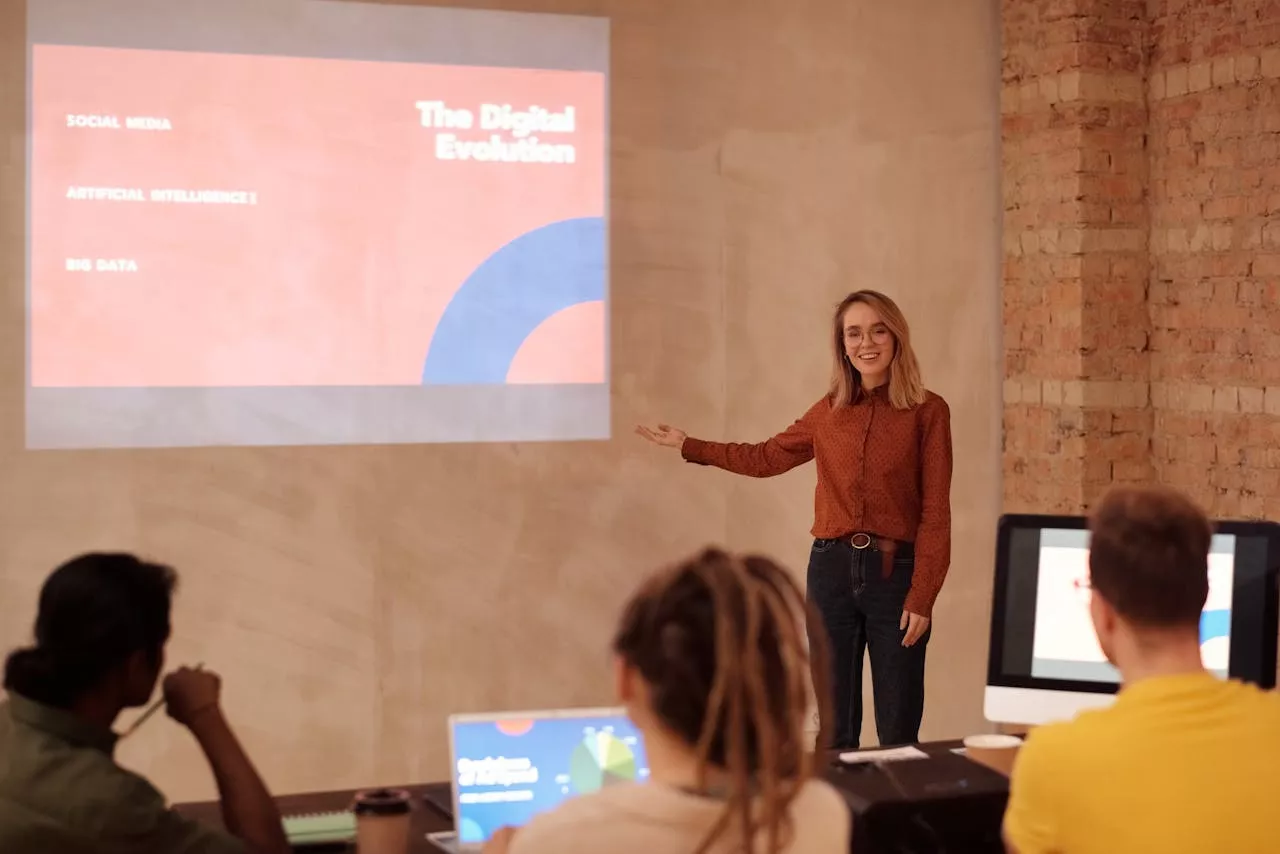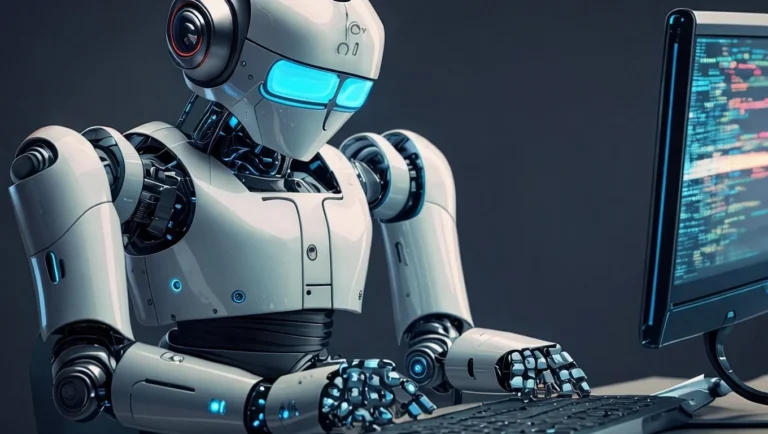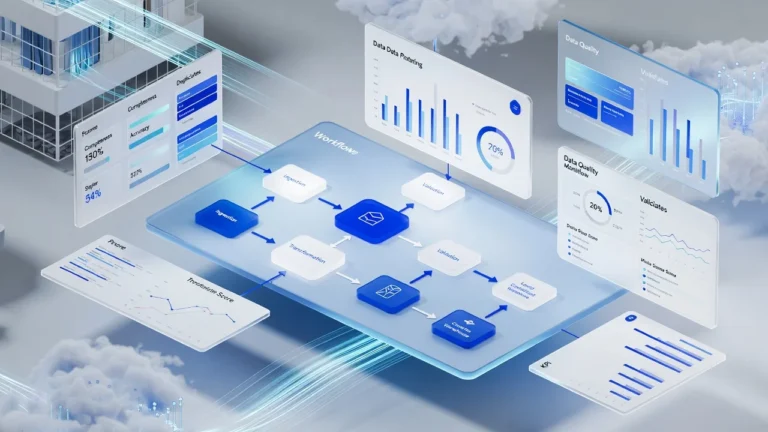
Career Resilience in the Age of AI: Macmillan Learning Hosts Panel on the Future of High-Potential Talent
Macmillan Learning, a privately held, family-owned digital learning company, has announced a panel discussion examining how generative AI is reshaping the future of work and redefining what it means to be a high-potential leader. The event, titled “Career Resilience in the Age of AI,” will bring together executives from education, technology, and workforce strategy to discuss the evolving expectations for talent in an era defined by rapid automation and transformation.
As industries worldwide undergo AI-driven change, companies are facing an urgent need to reevaluate which skills and mindsets will sustain success. According to the World Economic Forum’s Future of Jobs Report 2025, employers anticipate that nearly 39% of workers’ core skills will be disrupted within the next five years, while six in ten workers will require reskilling by 2030. This rapid pace of change underscores a growing divide between technical proficiency and the broader human and leadership skills necessary to thrive alongside intelligent technologies.
To address this shift, Macmillan Learning’s upcoming panel will feature:
- Kristen Fox, Chief Executive Officer, Business-Higher Education Forum
- Torian Richardson, Founder and Chief Executive Officer, DBR77
- Susan Winslow, Chief Executive Officer, Macmillan Learning
Together, these leaders will explore how competencies such as resilience, systems thinking, and ethical foresight are becoming defining traits of high-potential talent. The discussion will emphasize that as AI systems become integral to decision-making, leaders must develop the ability to adapt to disruption, manage complexity, and build trust in data-driven ecosystems.
The live webinar will also engage business school instructors, administrators, and students, who will participate in small-group discussions focused on preparing graduates for the evolving landscape of work.
“This conversation is about what employers will need from people in the years ahead — the enduring human skills that will remain essential no matter how technology evolves,” said Susan Winslow, CEO of Macmillan Learning. “At Macmillan Learning, we’re focused on developing what makes a successful human in the future — someone who can think critically, adapt continuously, and collaborate creatively alongside AI and other emerging technologies.”
Winslow noted that the company views discussions like this as a cornerstone of its mission: connecting people to share insights and shape the conversation around the future of work. By convening leaders across industries, Macmillan Learning aims to foster collaboration between academia and business to strengthen workforce readiness.
That collaboration, according to Kristen Fox, CEO of the Business-Higher Education Forum, is critical to meeting the challenges posed by accelerating technological change.
“Nearly nine in ten business executives and higher education leaders agree that partnerships between business and higher education are essential to addressing rapid skills disruptions,” Fox said. “Through purposeful dialogue and strategic planning, colleges and universities — with their reach and infrastructure — are uniquely positioned to help scale AI readiness.”
Fox emphasized that coordinated planning between academia and employers will be key to equipping students with the skills to navigate an increasingly digital economy. These partnerships can help bridge the gap between educational outcomes and industry needs, ensuring that learning institutions evolve at the same pace as the technology landscape they serve.
For Torian Richardson, CEO of DBR77, the foundation of career resilience lies in personal agency — the ability for individuals to take ownership of their development in fast-changing environments.
“As tools move faster than our trust in them, the leaders who thrive will pair technical fluency with human attributes, especially courage,” Richardson said. “We’re looking for talent with the courage to adapt, learn, and lead through data-driven agility in real time. Legacy educational institutions must match that dexterity, rethinking how they prepare students and partner with industries moving at superluminal speed.”
This perspective reflects a growing consensus that success in the AI era depends as much on mindset as it does on skillset. While technical expertise remains valuable, the ability to embrace change, apply ethical reasoning, and think holistically about complex systems will define the next generation of transformative leaders.
The Career Resilience in the Age of AI panel represents Macmillan Learning’s broader commitment to supporting future-ready education and helping learners thrive amid disruption. By convening diverse voices from business and education, the company aims to illuminate the pathways that connect human potential to technological progress — ensuring that innovation serves not only productivity but also the development of adaptable, creative, and ethical leaders for the future.
Source link :https://www.businesswire.com/





